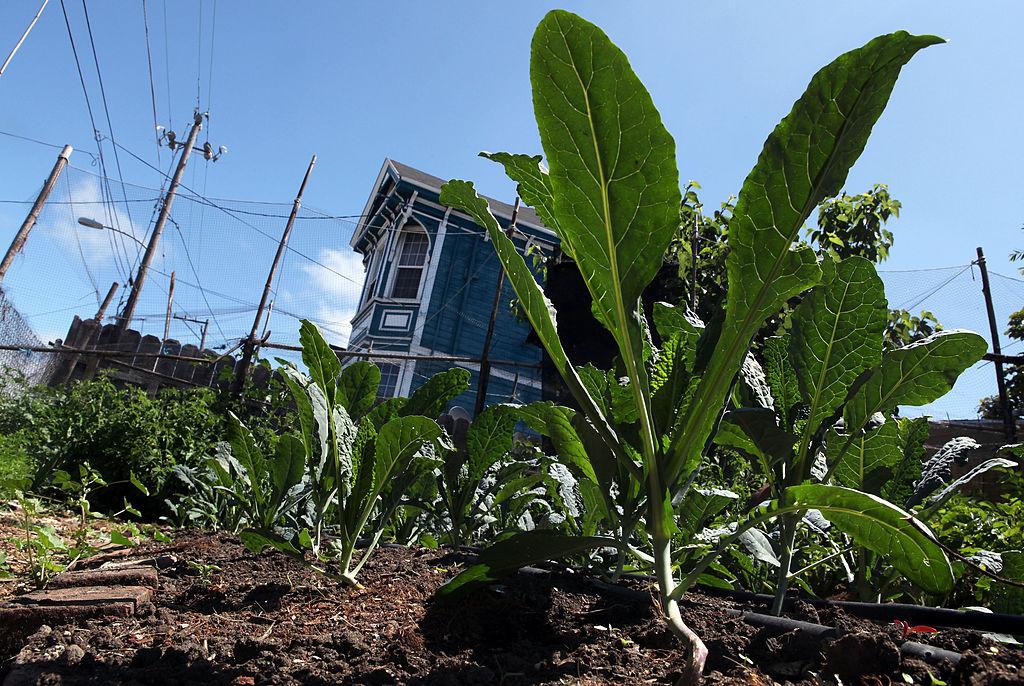SANTA CLARA, Calif.—People with ample time on their hands because of lockdown orders related to the COVID-19 pandemic have begun growing their own vegetables in home gardens, which means seed suppliers have been especially busy.
Maya Shiroyama, co-owner of Kitazawa Seed Co., says she’s never seen anything like it.





